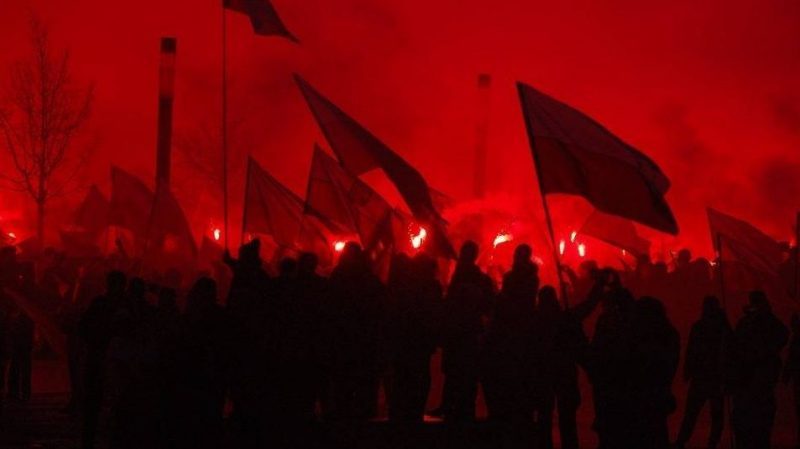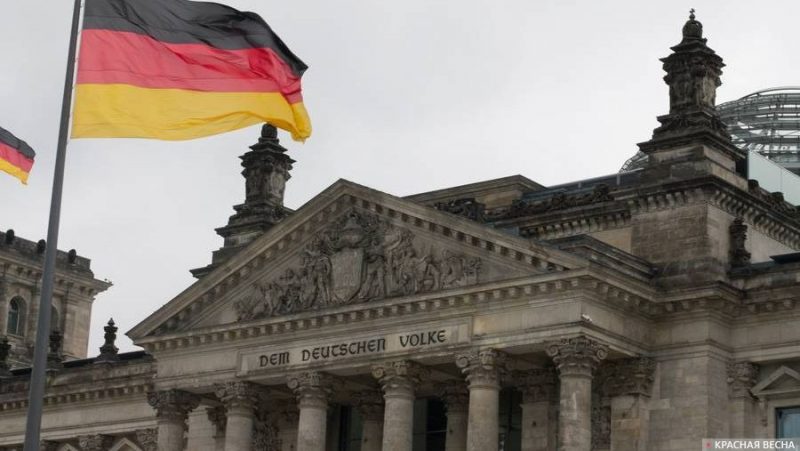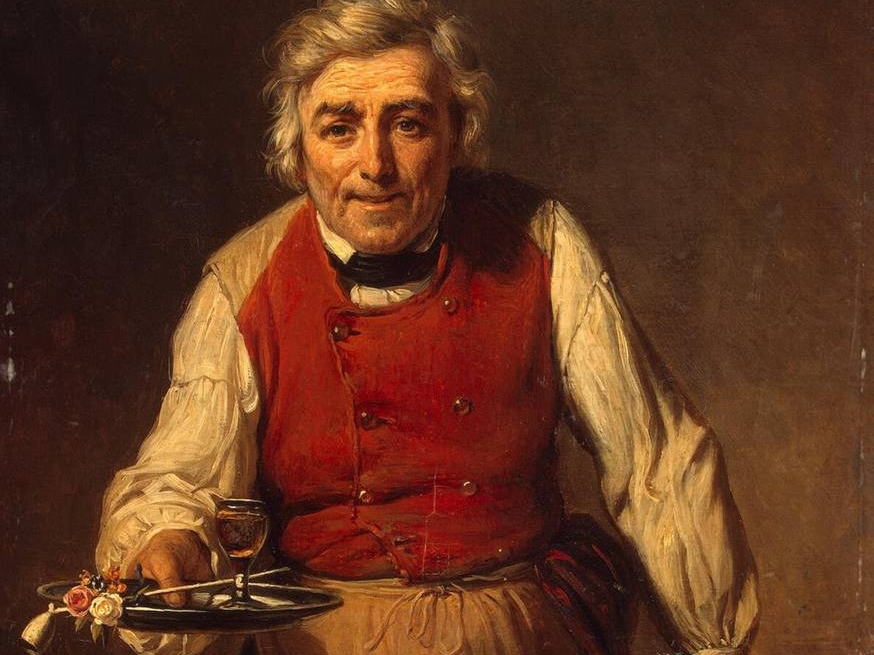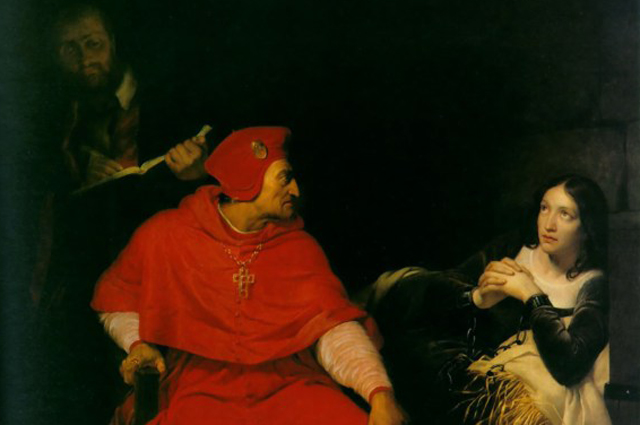15.11.2018, Warsaw.
A march to celebrate the 100th anniversary of Poland’s independence took place on November 11 in Warsaw, the Reuters news agency reports.
The march organized by the Polish President Andrzej Duda gathered about 200 thousand people. Reportedly, members of ultra-right groups took part in it; they burnt fires and chanted slogans calling for the independence of Poland from the European Union. The Polish President and government officials marched at a distance away from the main column.
“Thank you for coming here, for Poland, and for bringing the white and red (Polish) flag which saw our fathers, grandfathers and great-grandfathers spill their blood. There is space for everyone under our flags,” Andrzej Duda said in the very beginning of the rally.
Every year on November 11 in Warsaw, marches of neo-fascists are organized. After the Law and Justice (Polish: Prawo i Sprawiedliwość) national conservative party came to power, the marches have become increasingly large. Sometimes, blatantly extremist slogans can be seen, such as “death to enemies!” or “pure blood, clear mind.”
On November 7, the Warsaw Mayor’s Office banned the rally, but a court decision lifted the ban.
Editorial comment
For centuries, the Polish nobility has cherished the dream of a Great Poland “from one sea to another” (from the Baltic Sea to the Black Sea), believing that their country had a high mission, and that it could not come true because of its western and eastern neighbors, the latter being hated most. The Poles believe Lithuania, Ukraine, and Belarus to be their historical territory; the Orthodox Christian peoples living there were colonized and forced into Catholicism whenever these lands were seized by Poland. In Europe, members of the Polish gentry were notorious for arrogance and insolence. “Much pride, empty pockets,” this is how Polish noblemen were characterized.
The Polish chauvinism, which became widespread among the members of the Polish gentry since the Middle Ages, and which declared the Polish nation exceptional by the middle of the 19th century, as any other form of nationalism, is essentially close to fascism, which based on anthropological inequality.
It is not unexpected, therefore, that nationalists, who have come to power in Poland, lean towards the fascist ideology that formed in the 20th century, and that they have sympathies to right-wing parties re-emerging in Europe on the wave of the migrant crisis.
In 2017, a 60 thousand-strong Independence March with slogans “Death to Fatherland’s enemies!”, “White Europe for fraternal peoples!”, “Nationalism is our way!”, where anti-Semitic and anti-Islamic slogans were chanted, met condemnation by the European Parliament, which called that demonstration fascist. Nevertheless, this year, the Polish authorities took the lead of the event in an attempt to demonstrate the unity of the nation in view of the parliamentary elections to take place in 2019, thus showing solidarity with Europe’s largest right-wing event.
Source: Rossa Primavera News Agency




